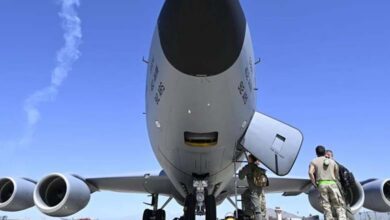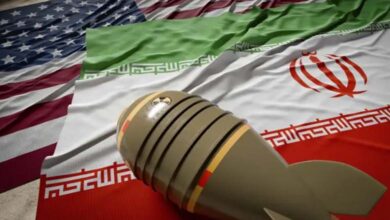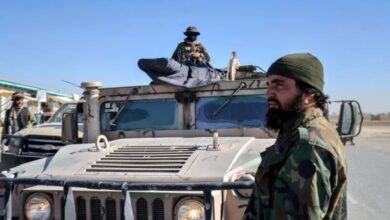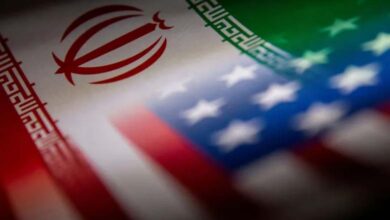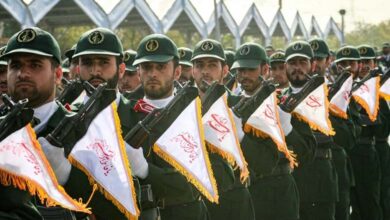Sudan teeters on the brink of an ethnic war
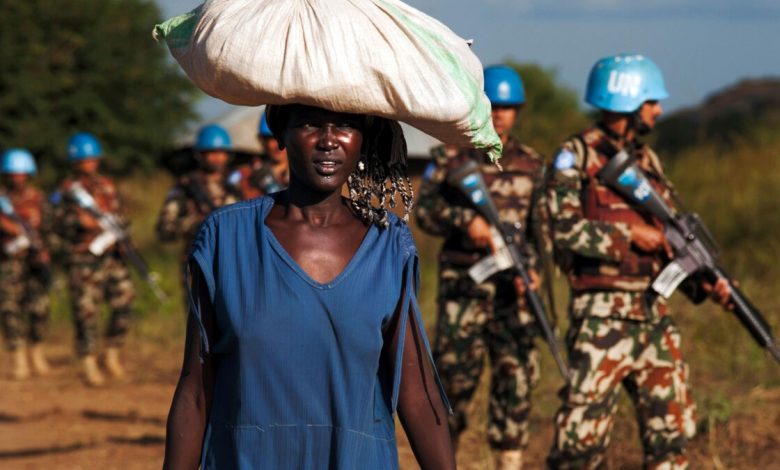
The capital city, Khartoum, witnessed an escalation in clashes, artillery shelling, and airstrikes as the conflict between the Sudanese army and the Rapid Support Forces entered its eleventh week. This has resulted in the displacement of 2.5 million people and created a humanitarian crisis, while warnings of the country sliding into an ethnic war continue to rise.
These warnings come as local reports indicate racially motivated killings, tribal conflicts intensify, and chaos reminiscent of the massacres committed in the Darfur region during the rule of ousted President Omar al-Bashir resurfaces.
The casualties have been heavy, especially in Geneina, the capital of West Darfur, where armed civilians and tribal fighters have joined the fight. According to the United Nations, the region has witnessed 1,100 deaths, and there have been incidents that could amount to “crimes against humanity.”
In the muddy streets of Geneina, bodies covered hastily with clothes lie on the ground under the scorching sun, while some shops remain closed and others have been looted.
On the road leading to Chad, large numbers of fleeing families try to avoid stray bullets from both sides.
The spokesperson for the United Nations High Commissioner for Human Rights, Ravina Shamdasani, called on Saturday for the establishment of a safe corridor for those fleeing Geneina and for assistance to reach relief workers. This comes after reports of extrajudicial executions and the spread of hate speech, including calls to kill or expel the Masalit ethnic group, between the city and border areas.
The International Organization for Migration stated that nearly two million people displaced by the conflict in Sudan have been internally displaced, with nearly 600,000 fleeing to neighboring countries.
Eyewitnesses have reported a sharp increase in violence in recent days in Nyala, the largest city in the Darfur region in western Sudan. The United Nations sounded the alarm on Saturday regarding racial targeting and the killing of members of the Masalit group in Geneina, West Darfur.
The Sudanese capital and the city of Geneina have been the hardest hit by the conflict that erupted on April 15 between the Sudanese army and the Rapid Support Forces. However, tensions and clashes have escalated in other parts of Darfur and in South Kordofan in the past week.
The fighting has intensified since both sides violated a series of ceasefire agreements reached in Jeddah, following talks led by the United States and Saudi Arabia. Talks were postponed last week.
Residents in Khartoum, Bahri, and Omdurman, the three cities that make up the Greater Khartoum area, reported intense fighting on Saturday night.
Led by General Abdul Fattah al-Burhan, the army is using airstrikes and heavy artillery to try to expel the Rapid Support Forces, led by Mohamed Hamdan Dagalo “Hemetti,” from neighborhoods in Khartoum.
The Rapid Support Forces posted a video on their Facebook page on Sunday showing their control of the headquarters of the Central Reserve Police Forces.
Mohamed al-Samani, 47, said, “We have been enduring airstrikes, artillery shelling, and anti-aircraft fire since early morning in the north of Omdurman… Where are the Jeddah talks? Why did the world leave us to die alone in the ongoing war between al-Burhan and Hemeti?”
Witnesses have reported a noticeable deterioration in the security situation in the city of Nyala in recent days, with intense clashes in some residential neighborhoods.
Fighting also broke out between the army and the Rapid Support Forces last week in the vicinity of El Fasher, the capital of North Darfur state, which the United Nations says has hindered relief workers’ access.
In the city of Geneina, which has experienced almost complete disruption in telecommunications and aid supplies in recent weeks, attacks by Arab militias have led tens of thousands to flee across the border into Chad.
For weeks, the Americans and Saudis have tried to persuade the conflicting parties to reach settlements or at least compel them to open safe corridors. However, since Wednesday, Washington has suspended its efforts.




